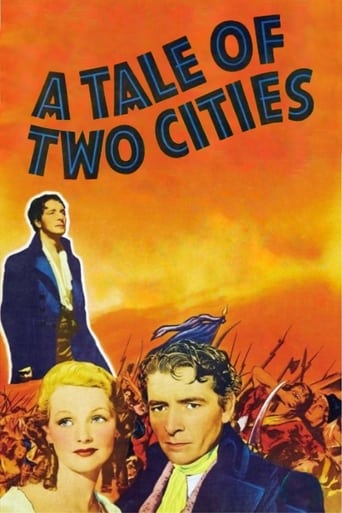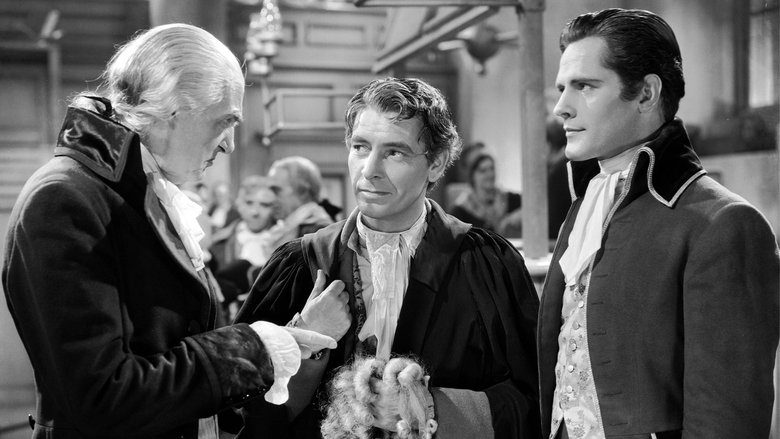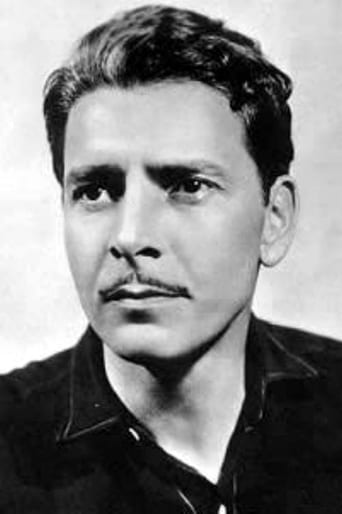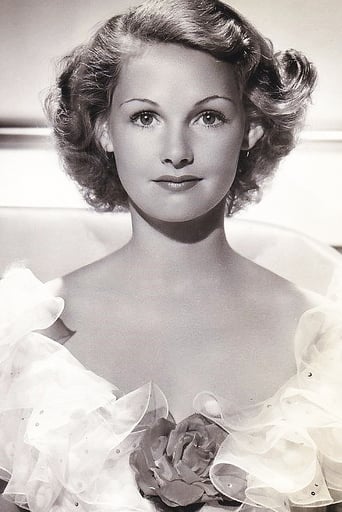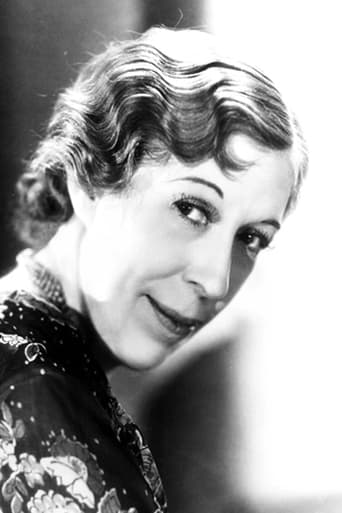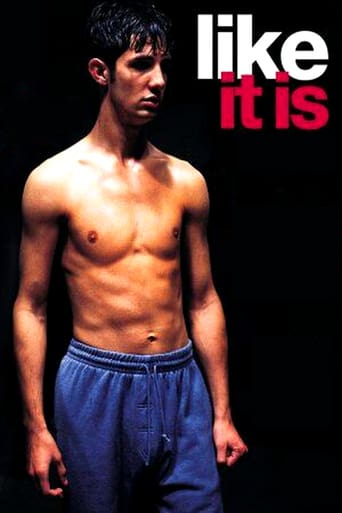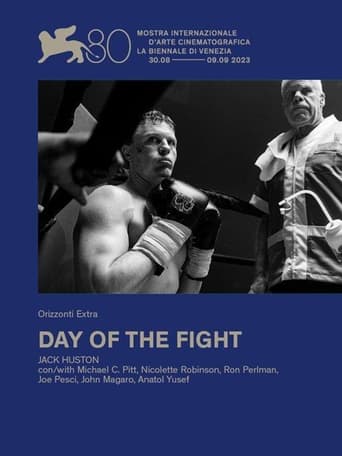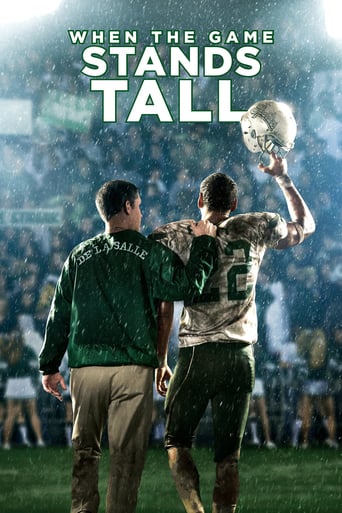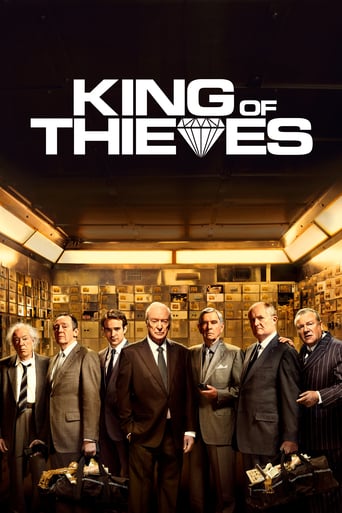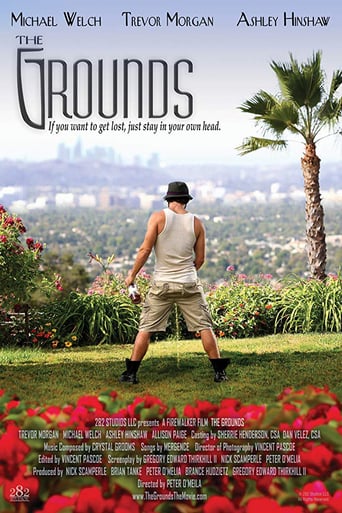A Tale of Two Cities (1935)
The exciting story of Dr. Manette, who escapes the horrors of the infamous Bastille prison in Paris. The action switches between London and Paris on the eve of the revolution where we witness 'the best of times and the worst of times' - love, hope, the uncaring French Aristocrats and the terror of a revolutionary citizen's army intent on exacting revenge.
Watch Trailer
Free Trial Channels
Cast


Similar titles
Reviews
You won't be disappointed!
If the ambition is to provide two hours of instantly forgettable, popcorn-munching escapism, it succeeds.
I think this is a new genre that they're all sort of working their way through it and haven't got all the kinks worked out yet but it's a genre that works for me.
One of the most extraordinary films you will see this year. Take that as you want.
I haven't read Charles Dickens' famous novel since high school, so I can't remember how faithful this film adaptation is. I'm sure much is excised from the book, as it would have to be in any adaptation that isn't 15 hours long. But as a stand-alone film, this version of "A Tale of Two Cities" is an awfully good one, and contains a lot of entertainment value. Ronald Colman does most of the heavy lifting and is superb in the lead role. But two stand outs from the supporting cast are Blanche Yurka as the infamous Madame De Farge, the personification of an activist spirit taken to monstrous extremes, and Edna May Oliver, a proper English lady who won't let a few thousand French revolutionaries intimidate her. The best scene of the film is the smack down between the two characters, one of the best cat fights committed to celluloid."A Tale of Two Cities" received two Oscar nominations in 1936, one for Best Picture in a year with ten nominees, and the other for its film editing, courtesy of Conrad Nervig, the man who won the very first film editing award when the category was introduced in 1934.Grade: A
Jack Conway's "A Tale of Two Cities" is based on the popular Charles Dickens novel of the same name depicting the events of the French Revolution and happens to depict them very well, and thanks to how Conway directed this movie it is also one of the finest period pieces that I've ever seen. The movie stars Ronald Colman in a role he always felt that he was born to portray as Sydney Carton an alcoholic British lawyer who defends a young Frenchman named Charles Darnay (Donald Woods) who happens to be a relative to an aristocrat named Marquis St. Evremonde (Basil Rathbone) who he differs from in every way in terms of political philosophy, and all the poor French citizens who are victims of the reign of King Louis XVI and his wife Marie Antoinette, and as punishment they wanted to kill all of the aristocrats as well as all of their relatives all the way down to babies which is a very sickening idea thanks to clouded judgment. Carton is also defending him for the sake of his wife (Elizabeth Allan), daughter,her maid (Edna May Oliver) and the rest of her family of which he credits for sobering him up, and as a result he decides to sacrifice himself for the sake of his friends which is his plan for getting Darnay out of prison. Although Colman felt he was born to play the role of Sydney Carton he strongly refused to play the dual roles of Carton and Darnay which are supposed to be lookalikes in the story. Though I didn't read the novel I do know that the novel starts with the words "It was the best of times, it was the worst of times." which I couldn't think of any better words that Dickens wrote to best describe this story. The screenplay along with Conway's sure handed direction makes you relate to both the British and the French citizens but the problem with the French people is that they let their emotions get the best of themselves and they totally acted out of revenge towards aristocrats and racism towards British people. The performances are very good but Colman is so good in this role that he makes the role of Carton his own and was unfortunately snubbed for a best actor Oscar nomination probably due to the fact that his performance was far too good for the Academy, this is a great film that is hardly remembered anymore, and is one of the finest films that the year 1935 had to offer.
If there is such a thing as a perfect film, this one is surely on the shortlist. It is also proof positive that we must treasure such films because the world can never again produce such people as Ronald Colman, Edna May Oliver, Claude Gillingwater and everyone else who appears in this gem. Their faces and voices are a product of their times and we are fortunate that we can see and hear them via D.V.D.'s. Even Colman's seemingly forced and melodramatic delivery works for me. He is the Byronic figure in the film who needs a voice and delivery that is different to all others. This is the art of film.Watch for the performance of Isabel Jewell who plays a seamstress unjustly condemned to death in the madness of the Reign of Terror. Her depiction of a young girl's pitiable confusion and fright is unforgettable. There are no small performances in this film. Each face, each voice is perfect for the role.
"A Tale of Two Cities" is a beautiful historical drama, true to the Dickens novel as produced by David O. Selznick. Released in 1935, it stars Ronald Colman as Sydney Carton, Elizabeth Allan as Lucy, Basil Rathbone, Donald Woods, Blanche Yurka, Edna May Oliver, Reginald Owen and Isabel Jewell.No point in repeating the story. Colman's Sydney Carton is his best-remembered role - a sad alcoholic whose only joy in life is the beautiful Lucy and later on, her child. Carton is a man without much purpose, who doesn't really know why he's on earth and doesn't feel that he's worth much. In his self-sacrifice, he finds the meaning in life he has sought. Colman never overdid as an actor - if anything, he underplayed, and there was always a gentleness and a pathos to his performances. He's perfect as Carton. Elizabeth Allan is a beautiful, strong Lucy. Donald Woods, who plays her husband, the lucky Charles Darnay, seems a little out of place, however. As the cruel Lord Evremonde, Basil Rathbone is excellent. Two character actresses, Edna May Oliver and Blanche Yurka, hand in lively performances that really help make the film.This film version definitely reflects Dickens' point of view about the French Revolution, which isn't everyone's, but in remaining faithful to the novel, of course, Dickens' point of view is obvious. It is a great film to show in a literature class rather than a history class. It would be wonderful if this and some other classics could be introduced to students somehow. Too much Transformers and the like can't be that good for the soul.

